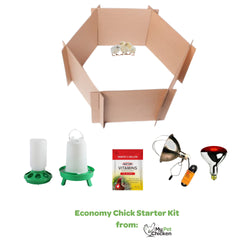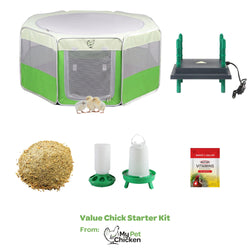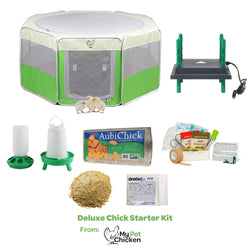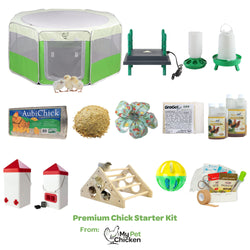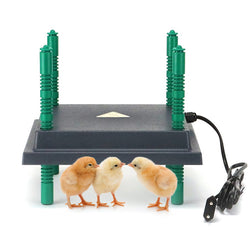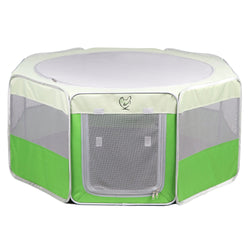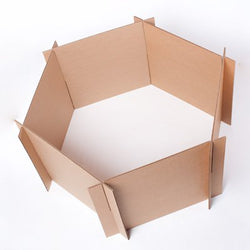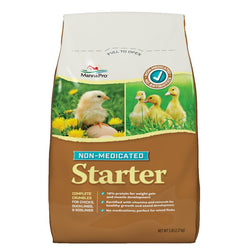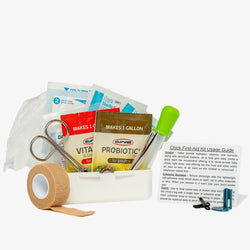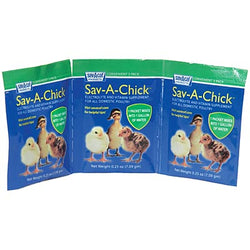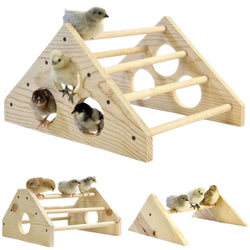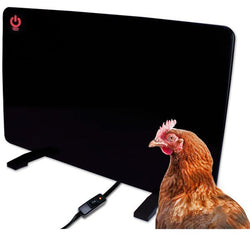How much protein should be in my chicken feed?
Back to blog
The right protein content in your feed is super important for raising a healthy flock--and commercial rations are probably the easiest way to get the right amount, as well as the right nutrition for your birds.
But if that's true, why do different brands have different levels of protein, and what amount in best? There's variation because there's an ideal range of protein content, AND because the range varies based on your birds' ages.
You'll normally find that your bag of feed has suggested age ranges that correspond with the amount of protein in the feed, so have a look. It's fairly easy to choose the right formulation for your home flock. In addition to the differences in protein content, layer feed also contains increased calcium that laying birds need to produce their eggshells.

But remember, when your birds free range, you're never going to be able to completely control the amount of protein or exactly what nutrition they consume. They may reduce their protein intake when they find some berries or fallen fruits to forage, or increase it by finding insects or small animals like mice. But that doesn't mean you shouldn't make the effort to provide the best diet you can!
At times when your birds aren't laying, for instance, such as over the winter, you may want to reduce calcium and switch to an all-purpose feed. And at times when your birds are molting, you may opt to increase their protein intake--either by switching formulations or by adding a supplement--because chickens need lots of protein to grow healthy feathers. And if your birds have been gorging on fallen mulberries, making sure to provide a high protein feed or supplement, like mealworms, can only help.
But if that's true, why do different brands have different levels of protein, and what amount in best? There's variation because there's an ideal range of protein content, AND because the range varies based on your birds' ages.
Ideal protein for laying breeds based on age
- Chicks up to 6 weeks old: 20% - 22% protein
- 7 weeks to point of lay: 14% - 16% protein
- Once they have started laying: 15% - 18% protein
- All-purpose, over 6 weeks old: 16% protein
You'll normally find that your bag of feed has suggested age ranges that correspond with the amount of protein in the feed, so have a look. It's fairly easy to choose the right formulation for your home flock. In addition to the differences in protein content, layer feed also contains increased calcium that laying birds need to produce their eggshells.

But remember, when your birds free range, you're never going to be able to completely control the amount of protein or exactly what nutrition they consume. They may reduce their protein intake when they find some berries or fallen fruits to forage, or increase it by finding insects or small animals like mice. But that doesn't mean you shouldn't make the effort to provide the best diet you can!
At times when your birds aren't laying, for instance, such as over the winter, you may want to reduce calcium and switch to an all-purpose feed. And at times when your birds are molting, you may opt to increase their protein intake--either by switching formulations or by adding a supplement--because chickens need lots of protein to grow healthy feathers. And if your birds have been gorging on fallen mulberries, making sure to provide a high protein feed or supplement, like mealworms, can only help.
